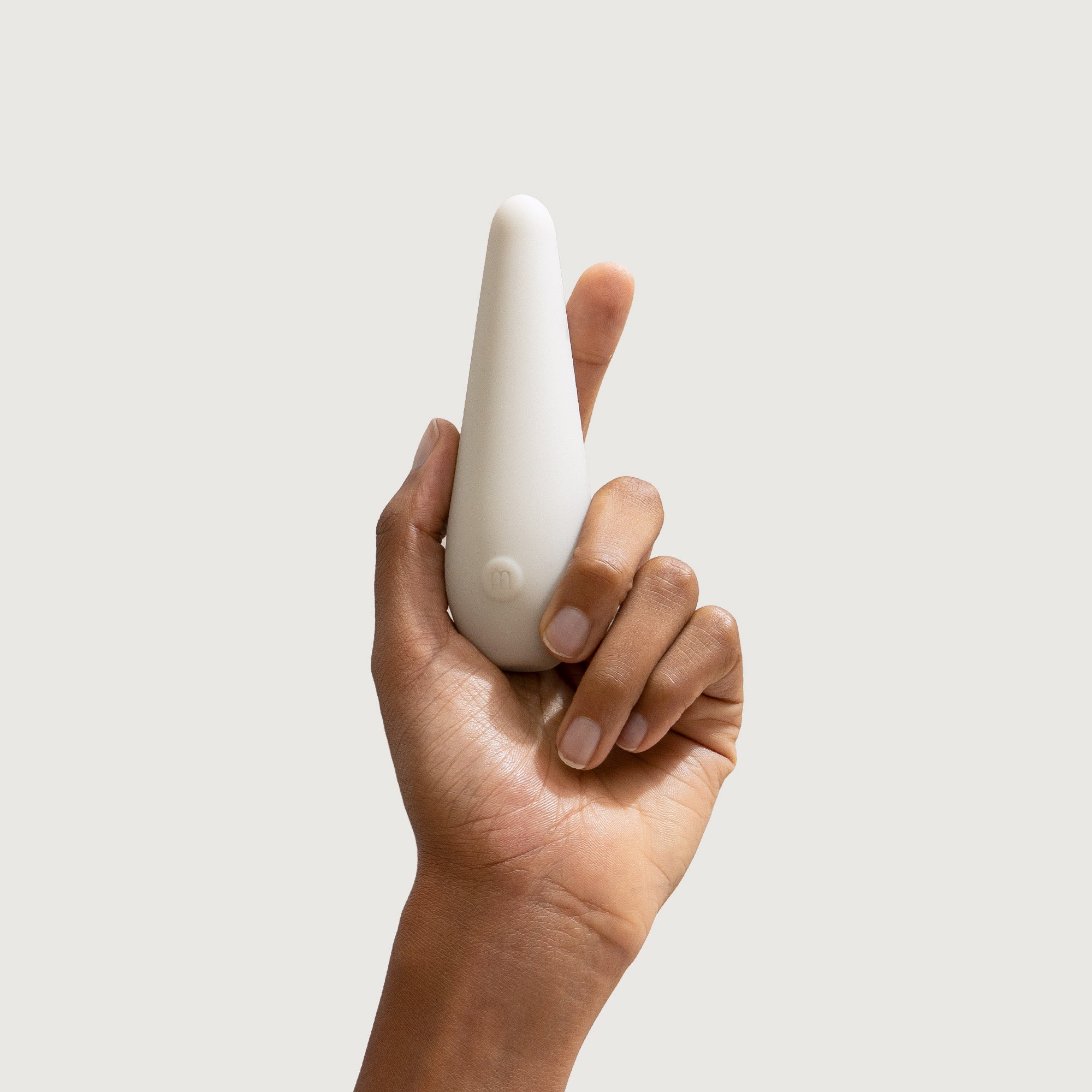Crushes Are Good For Your Brain.

The science behind spontaneous affection.
Romantic context aside, “crush” implies an act of violence: To break, shatter, smash to little pieces. And yet, in practice, the term enters our romantic lexicons long before puberty. It wreaks of innocence. It indicates affection, void of all the messy trappings of a relationship. It’s an amorous yearning, yes, but at arm’s length.
The etymology of the romantic “crush” is uncertain, even to language scholars. But most theories suggest that the term comes from the French verb, croissir, which means “to break or crack.” The verb was first used in a romantic context in the 1884 journals of Isabella Maud Rittenhouse, where she references a friend crying over a “crush”—so it’s often theorized that use of the term implied a willingness to crush or be crushed by the romantic potential of another person.
Speaking in a contemporary context, however, that’s hardly the case. Instead, much of the broader appeal of a crush lies in its safety. It generally refers to the allure of a person from afar, before you can properly claim to know them. It’s an attraction, often kept secret, that lacks substantiation. In short, crushes are typically rooted in fantasy. While love and intimacy are generally built around connection, crushes are built on longing or curiosity.
That’s not to say that the latter is more juvenile than the former, though. Crushes are euphoric and healthy at any age—even for folks in serious committed relationships. By nature, these are not the sorts of entanglements that must be capitalized on in order to be enjoyed. And on that note, scientifically speaking, they do, indeed, bring us joy.
Firstly, in the event of a crush, you’ll experience the release of a chemical called norepinephrine, which will typically bring you to a heightened level of attention or arousal. That ramped up engagement is what gives you the physical symptoms of a crush like increased heart rate, sweaty palms, even butterflies. Next, dopamine provides a spike in joy, renewed energy, and motivation—which is why a crush can feel a bit like taking a drug. The high is addictive.
For most psychologists, this phase is called “the attraction phase”—and when crushes deepen and develop into something more involved, couples enter a “bonding phase.” At this stage, you can expect far more oxytocin in the brain, which is typically linked to feelings of security—a far cry from the jittery, blissful nerves of a crush.
And while often, it seems as if we’re predisposed towards capitalizing on crushes (and thus, converting them into full-blown relationships), that drug-like euphoria—without the aid of a drug—can be wildly beneficial to us. Dopamine rushes provide general motivation— not just romantic eagerness, so the presence of a crush can help us perform better at work, feel more creatively productive, or even be more active. And what’s more, that norepinephrine will often help us feel more awake, alert, and attuned to the world around us. In a way, it’s a heightening of the senses across the board. Which is to say, a crush is more than just a frivolous attraction: It’s medicine for the soul.



